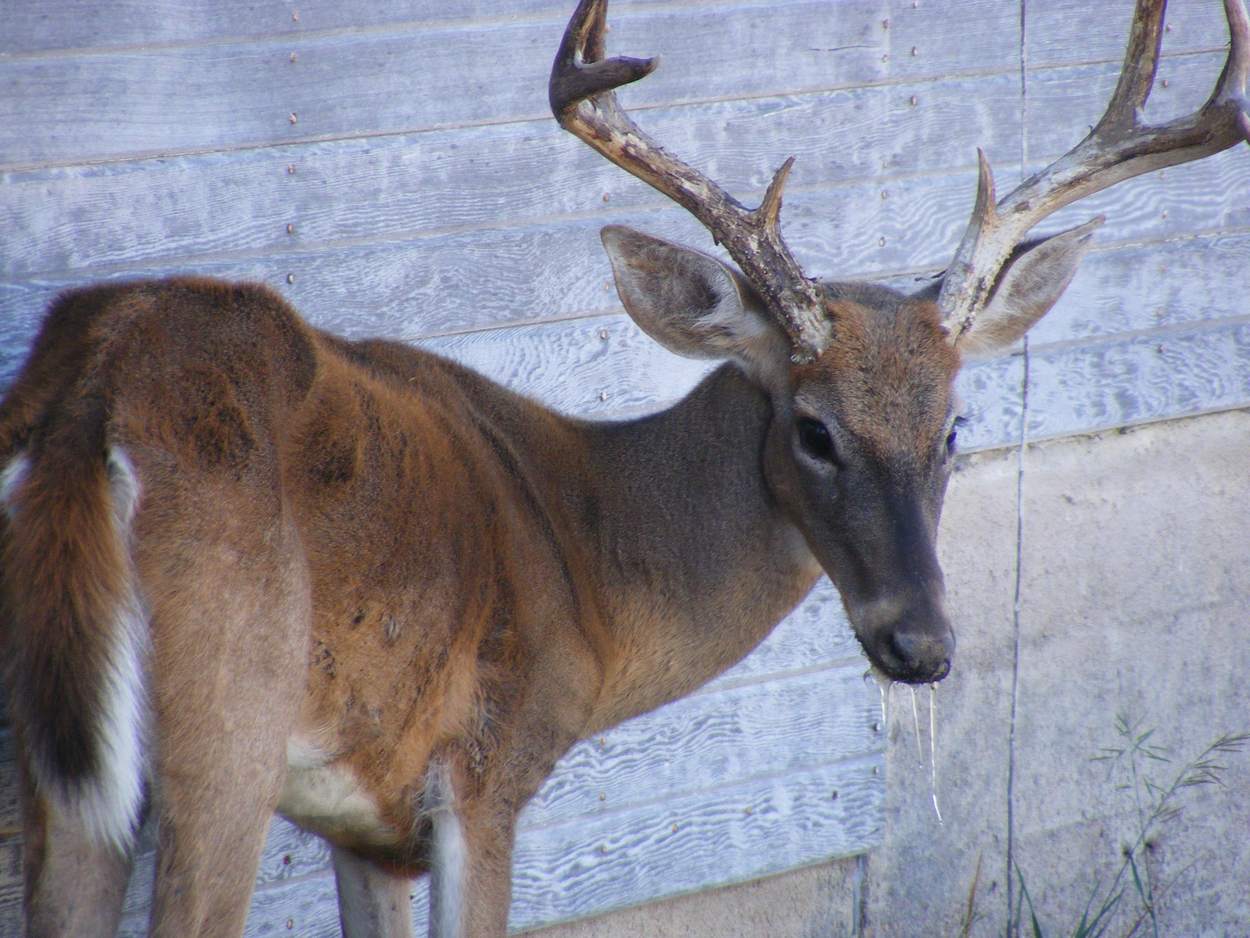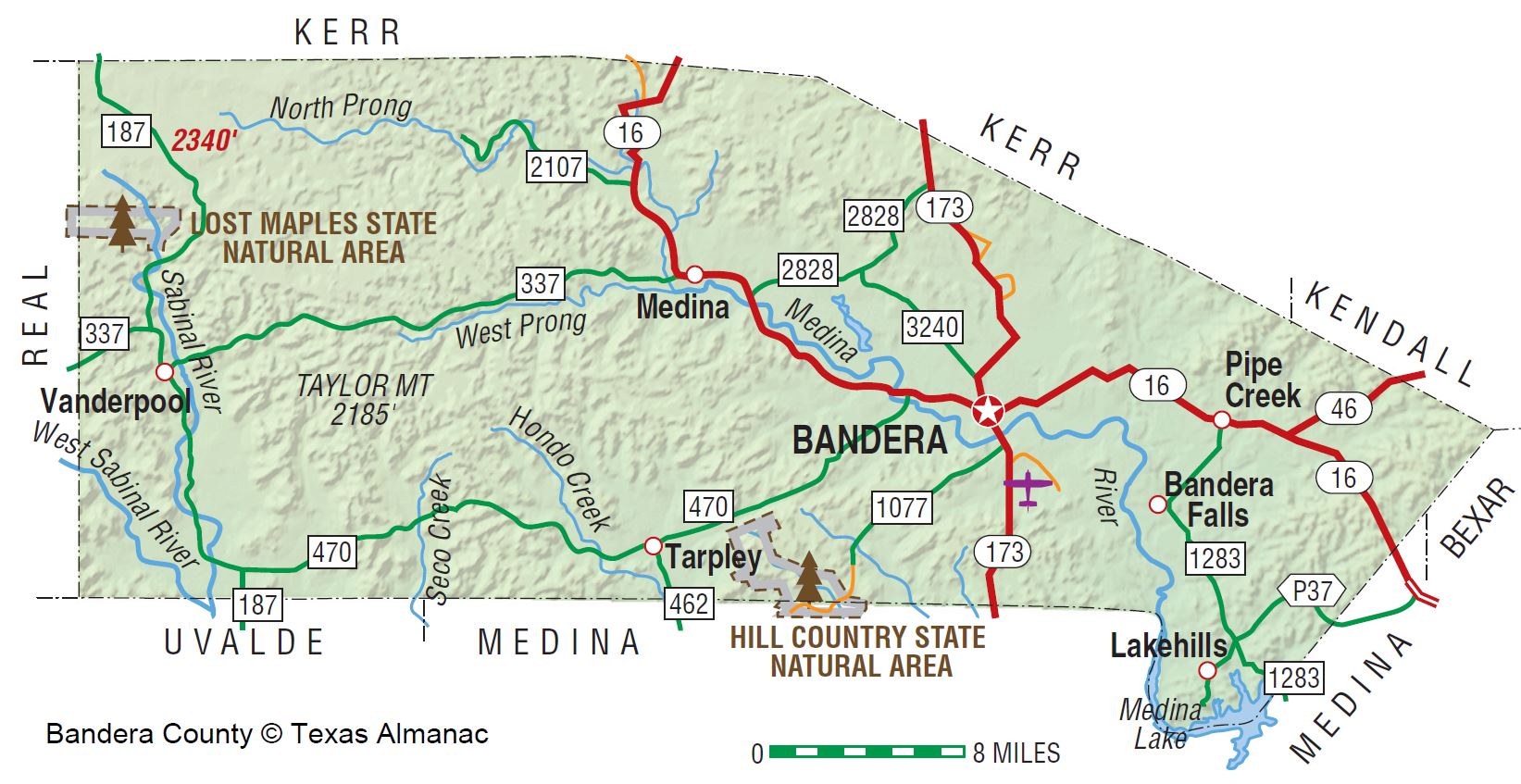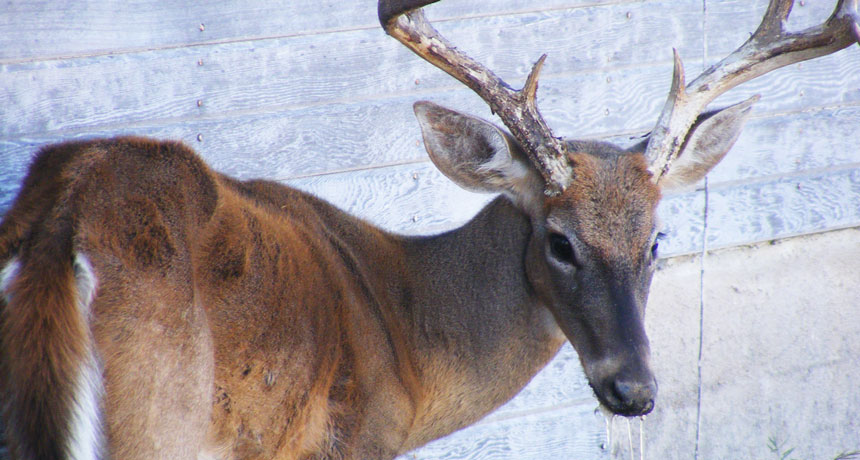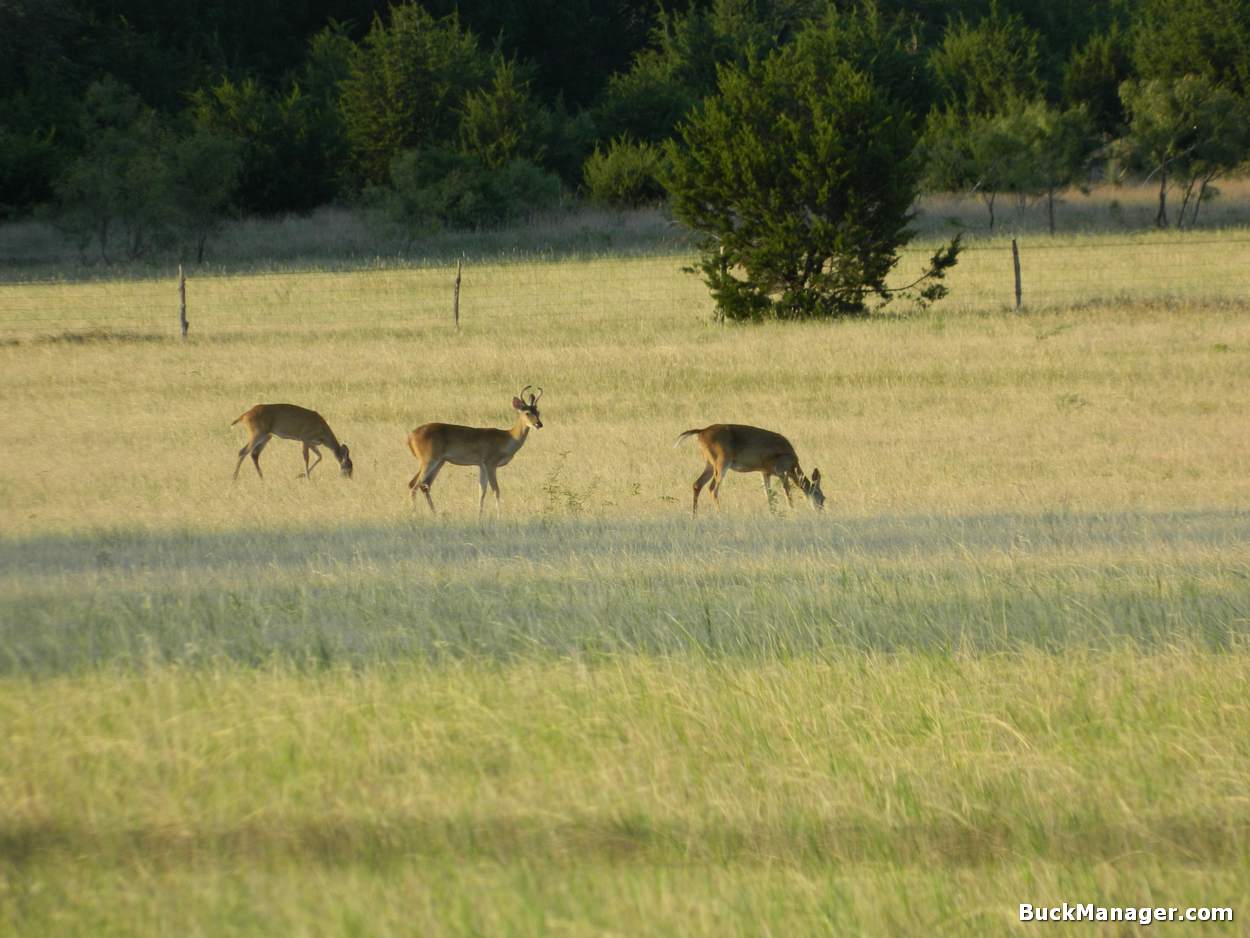CWD in Medina-Uvalde County Area
Chronic Wasting Disease (CWD) was confirmed just over one month ago in a captive 1-1/2 year old white-tailed buck in Texas. The first deer to test positive for the disease, however, may not be alone. Reports indicate that at least two additional white-tailed deer have also (initially) tested positive.
The state, however, is awaiting confirmation from a second laboratory in Ames, Iowa, before making an official statement. If true, this would make at least three deer that have tested positive in a captive deer breeding facility in Medina County, Texas.

CWD Containment?
The additional CWD-positive deer, at least in my thinking, makes the odds of having CWD contained to a single Texas deer breeding facility much less likely. Research on the deer disease has found that it can be spread quite readily within a herd, so it would have been a little short-sided for anyone to have believed the first deer that tested positive would have been the last.
If the report of additional deer testing positive turns out to be accurate, which seems likely at this point, then the captive deer breeding industry in Texas will be more than a little unsettled about having opened Pandora’s box.

CWD Settles into Medina, Uvalde County?
Austin American Statesman: State officials said Saturday that two additional deer from a captive herd in Medina County tested positive for a contagious, degenerative neurological disease, a discovery that could lead to the annihilation of an entire herd of deer.
Two preliminary tests came back positive for CWD, but confirmation will have to wait until samples are tested by the diagnostic laboratory in Ames, Iowa, officials said. Results could be available by the middle of next week, said Josh Havens, spokesman for the Texas Parks and Wildlife Department.
… “We aren’t going to make a knee-jerk reaction regarding the rest of the herd without having results from Ames,” Havens said. He added that “ultimately any decision made will be based on what is in the best interest of the state’s entire captive and free-ranging deer herds.”

